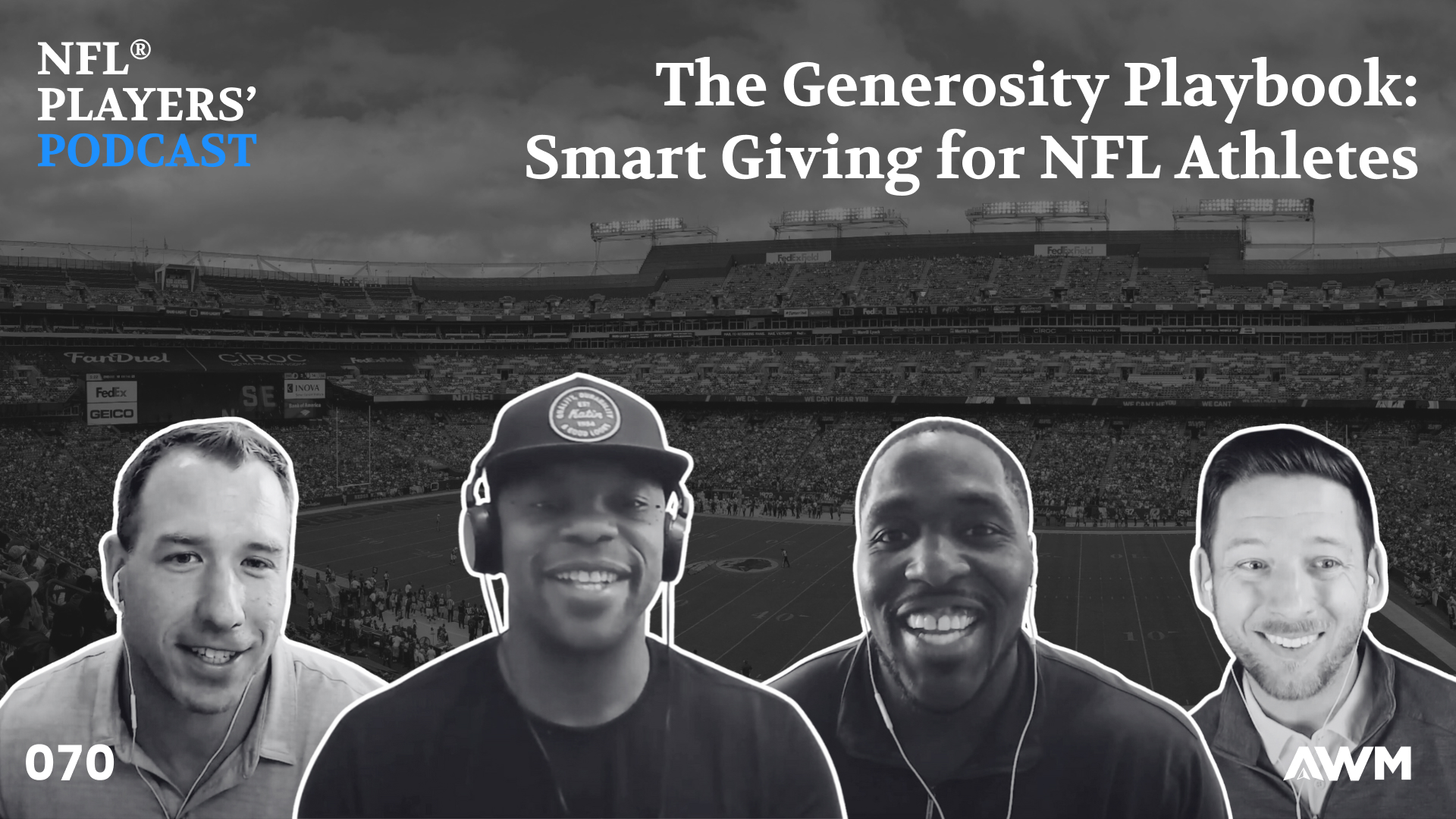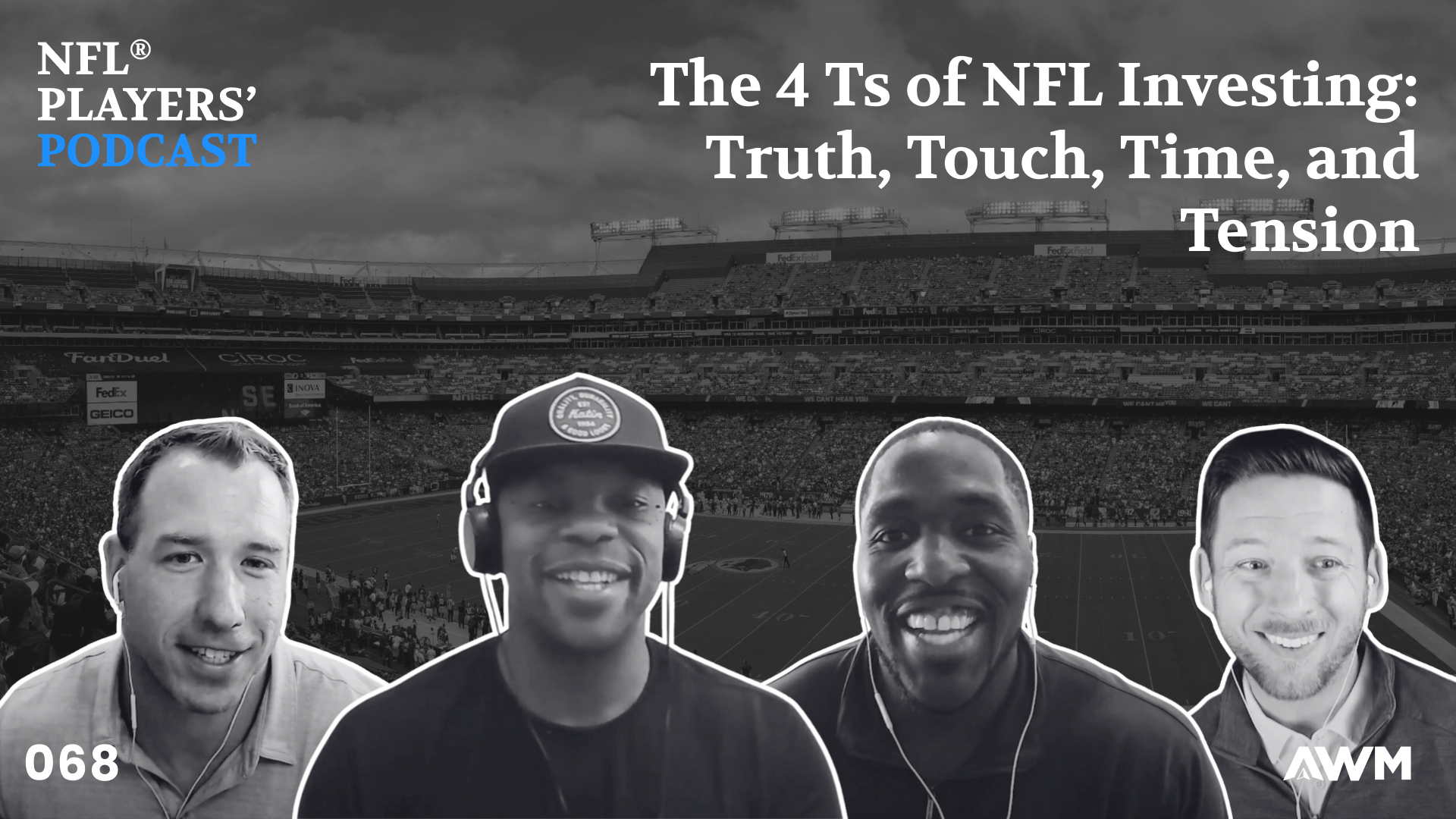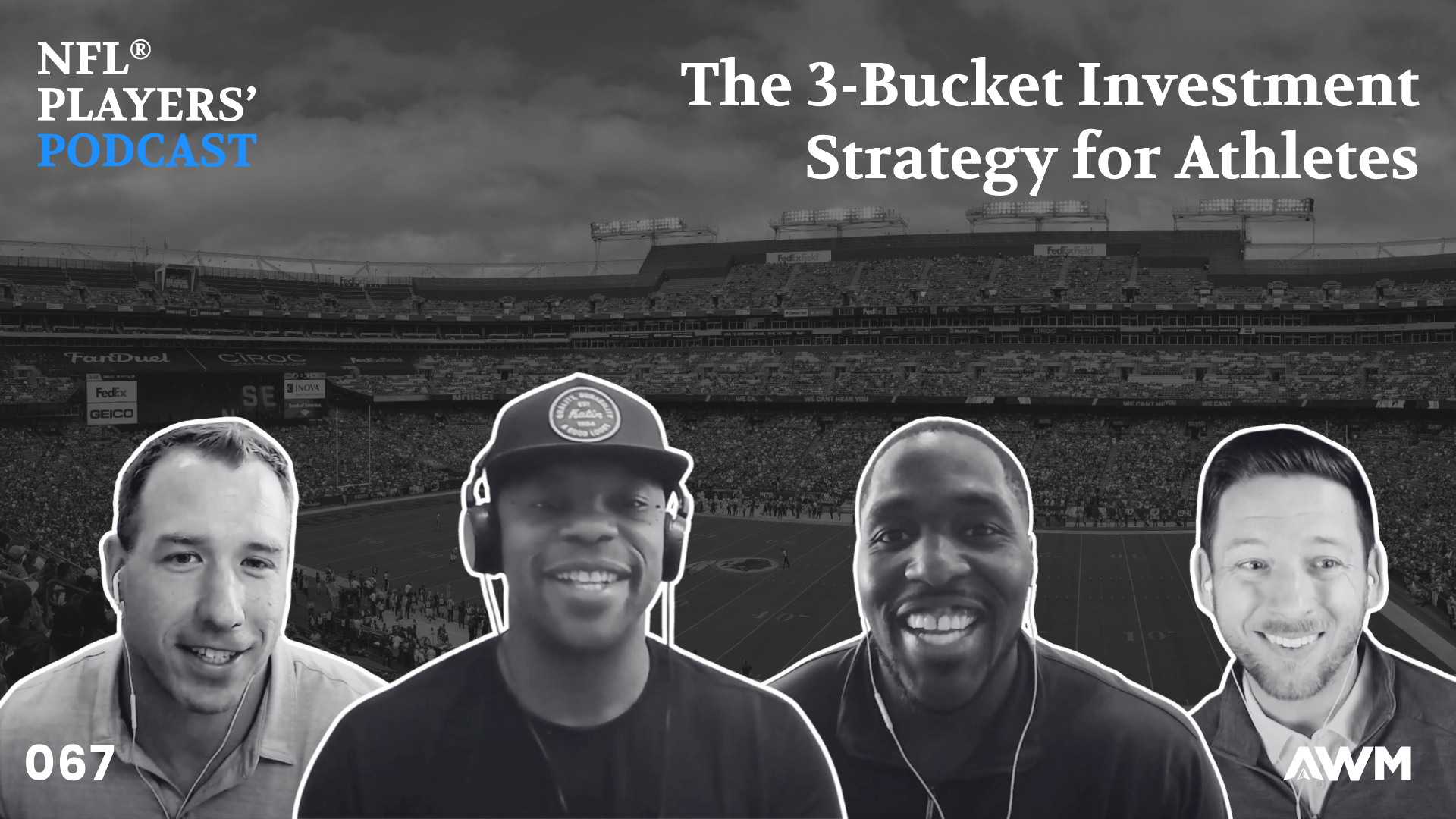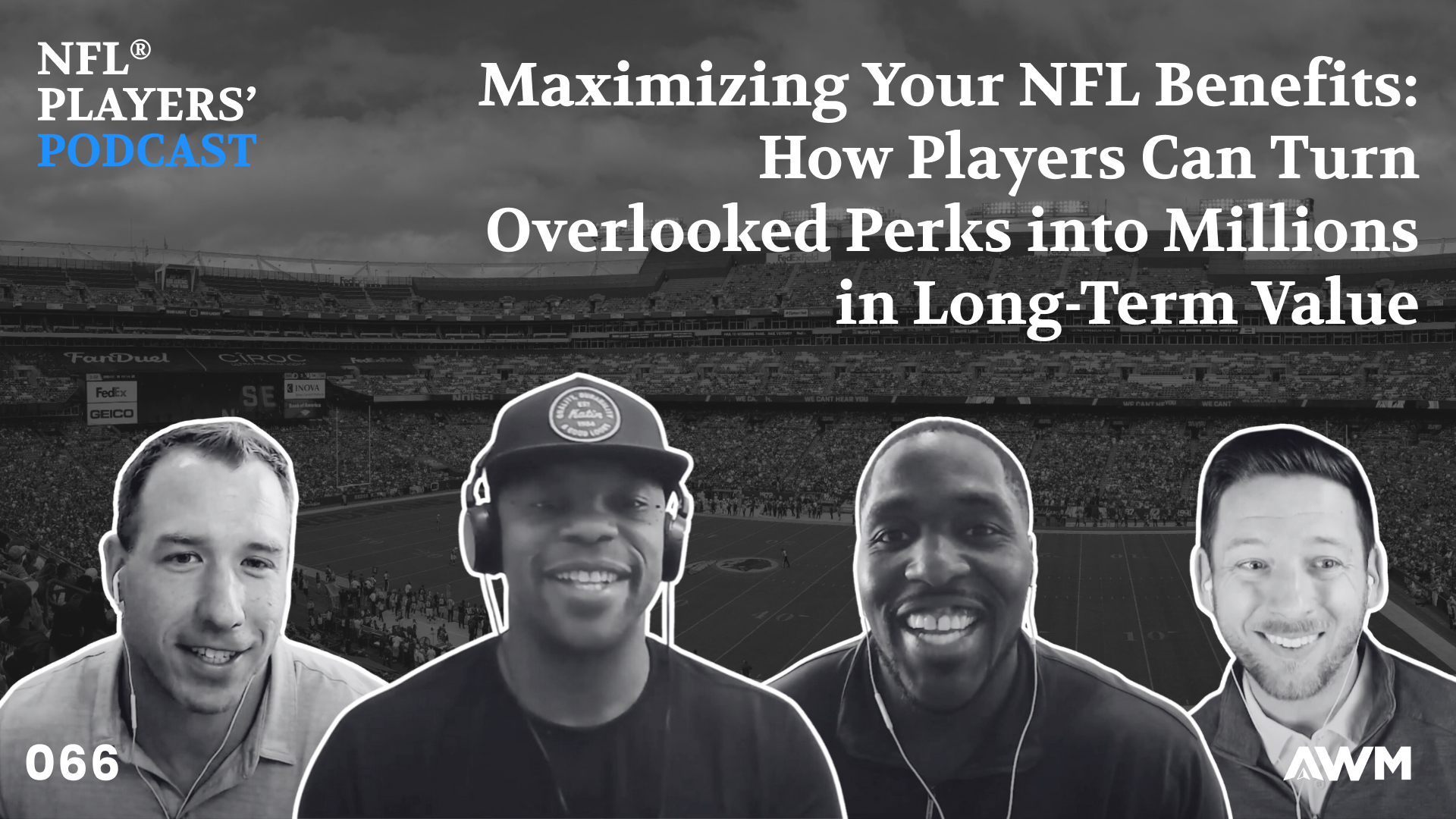Navigating the Transfer Portal: When is the Right Time for Athletes?

This blog explores the reasons athletes might consider entering the transfer portal, the implications of NIL deals, and advice for choosing representation effectively.

Understanding timing and motivation
Navigating the intricacies of college athletics can be daunting, especially with the advent of the transfer portal and NIL (Name, Image, Likeness) deals. Athletes and their families face significant decisions about college transfers, often prompted by changes in coaching staff, unmet expectations, or new opportunities.
One crucial aspect to consider when transferring is how a change in coaching can influence a player's collegiate career. Coaches often form relationships with athletes, fostering trust and mentorship. These relationships are crucial, as they shape the athlete's personal growth and professional readiness. When a trusted coach leaves, reevaluating one's position can be prudent. This decision isn't solely based on following the coach but understanding who will guide their future development.
Schools promise more than just field time—they promise a culture, a way of life, a developmental journey. When athletes find these promises are not kept, there's a misalignment that warrants reflection. Athletes must consider whether their team culture aligns with their personal values and professional aims. The key is to find a program that provides an environment conducive not only to athletic performance but also to personal development.
Additionally, athletes may find themselves in situations where the promises made during recruitment aren't met—be it regarding playing time or the overall team culture. Such disparities might justify transferring as experience often brings clarity about the right fit within a team and institution.
Each decision should ultimately align with long-term goals, such as achieving contracts in professional leagues that help establish multi-generational wealth. Aspiring to long-term success means consistently aligning every collegiate decision with future professional aspirations.
Weighing financial opportunities against career goals
In the collegiate athletic landscape, players often ponder whether to stay at their current university, transfer, or even enter the professional league draft. Financial incentives from NIL deals add another layer to these choices.
While NIL deals enable college athletes to monetize their talents more than ever, this immediate financial upside requires careful evaluation. The opportunities range from endorsements and sponsorships to social media monetization and local business partnerships. With this newfound earning potential, athletes are facing questions previously reserved for seasoned professionals.
While these deals present an immediate financial upside, the pivotal focus should be on honing skills and gaining exposure to secure a higher draft pick in professional leagues. Achieving the right balance between current financial gain and future potential is key.
Considering future potential earnings from later professional contracts is essential. Significant money from a second or third contract in the NFL surpasses the immediate benefits of most NIL deals. Athletes must assess where they can best showcase their talent on the field, maximizing their likelihood of a sustained and lucrative career in professional sports.
Managing these earnings wisely can set the stage for financial security post-athletic career. A strategic approach to NIL earnings—prioritizing financial planning and investment over short-term spending—is crucial.
Selecting the right representation
As the NIL landscape is still relatively unregulated, athletes must navigate this terrain with caution when selecting agents. The unregulated nature of NIL deals makes the choice of representation even more critical. Selecting an agent involves scrutiny and due diligence.
Some players may opt for familial representation, relying on a business-savvy parent who has their best interests at heart. This choice can work well if the parent is well-versed in financial matters and contract negotiations. Alternatively, choosing a professional agent knowledgeable in NIL deals can be advantageous.
Professional agents come with their own set of challenges. It's vital to ensure that the selected agent has a track record of ethical practices and that agreements are in place to protect the athlete's interests. An experienced agent offers guidance, protection, and negotiation skills that could save an athlete significant money and trouble in the long run.
Agents specializing in NIL deals may differ from traditional sports agents, and it's crucial to distinguish between those negotiating for collective agreements with schools and those securing brand partnerships. Navigating the terrain of NIL involves understanding the nuances between various types of contracts and partners.
Clear contracts and clear definitions of service and compensation are essential to ensure that the selected representation aligns with the athlete's long-term goals. Agreements must be comprehensive and transparent, covering fees, terms, and specific roles.
It's key to remember that representation should not only be transactional but also advisory—agents should guide athletes in building a personal brand and planning for diversified income streams. This ensures players not only excel in sports but also develop a sustainable career outside of it.
Preparing for the post-college transition
Athletes must not only think about immediate gains but consider how their college experience and decisions impact their post-college transition. Developing a robust skill set on and off the field is vital. This involves focusing on academics, networking, and personal development alongside sports.
The college experience provides a platform to grow professionally, personally, and academically. Athletes should be encouraged to utilize resources available to them including career services, alumni networks, and mentorship programs. Leveraging these resources enhances future opportunities and preparedness for life after college athletics.
Engaging with mentors—whether they are coaches, academic advisors, or industry professionals—can bring valuable perspective and guidance. Mentorship is pivotal in guiding athletes as they make crucial decisions about their future.
Furthermore, fostering a network within the sports and business communities provides a safety net and opportunities beyond sports. Building relationships during college can benefit athletes long after they've left the field.
Athletes should focus not only on their sports career but also on skills transferable to life after sports. Financial literacy, public speaking, and personal branding are crucial for sustaining success in athletics and beyond.
Focus on long-term aspirations
Understanding when to enter the transfer portal involves careful consideration of personal, academic, and financial factors. Athletes and their families must remain informed, relying on trusted advisors and understanding the broader industry landscape. Remaining focused on athletic performance while seeking advice from credible sources will help athletes navigate this complex environment, ultimately securing meaningful opportunities that align with their long-term aspirations.
Transcript
Share this post
Related articles
Your Family Office

We're here to help you navigate.
Our advisors are ready to serve as your Athlete Family Office.
Your Family Office

We're here to help you navigate.
Our advisors are ready to serve as your Athlete Family Office.











